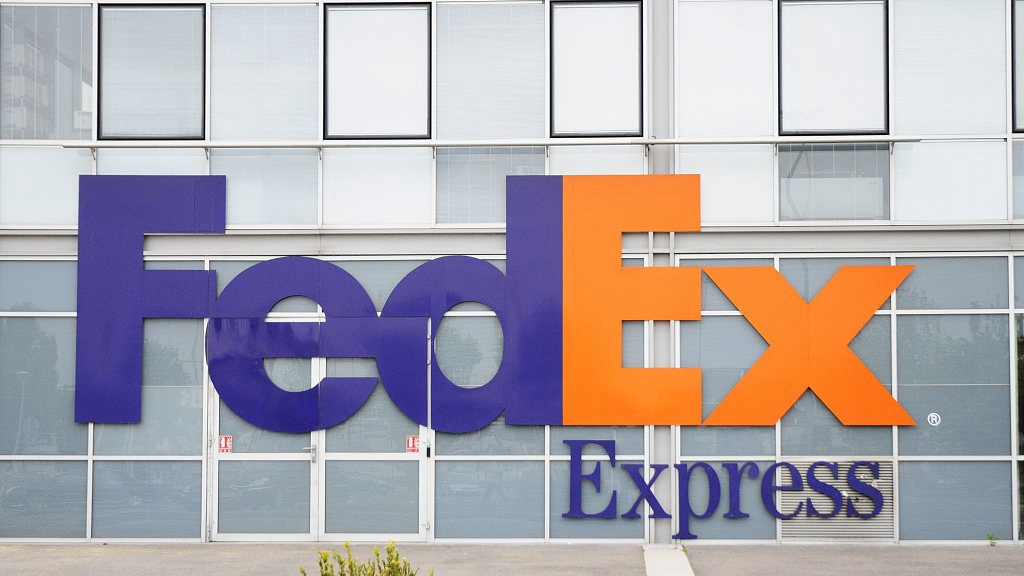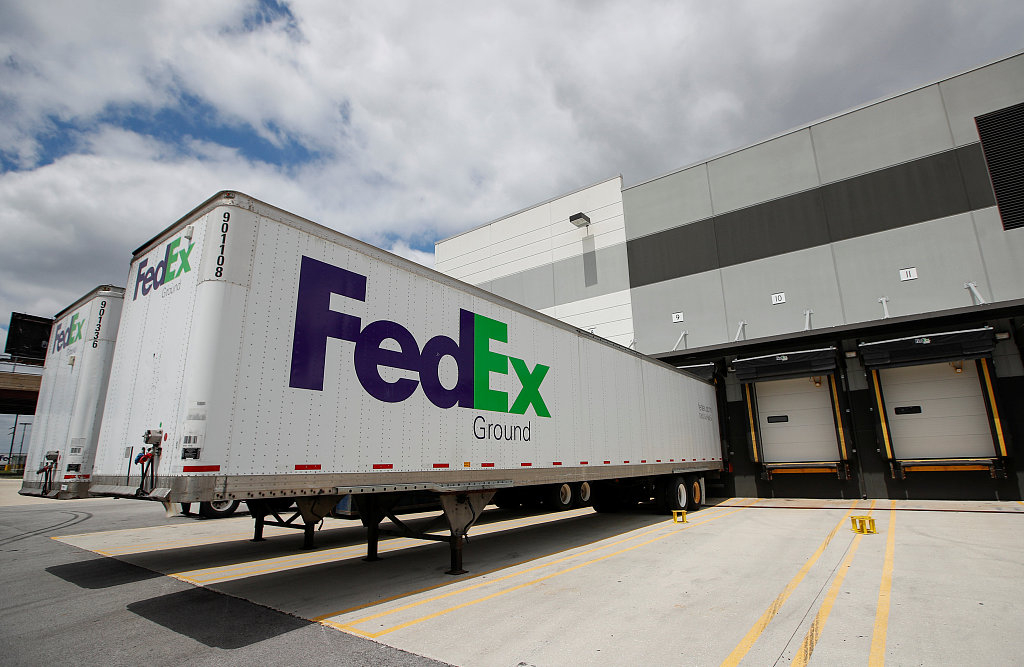
Opinion
20:30, 29-May-2019
Potential security concerns and real safety issues
Dr. Summer

Editor's note: With a doctoral degree in communications from the Communication University of China, Dr. Summer has been working in the field of international journalism for 30 years. The article reflects the author's opinion, and not necessarily the views of CGTN.
FedEx Corp. has reportedly issued an apology for mishandling packages destined for Huawei Technologies.
According to Yahoo Finance, FedEx posted the apology Tuesday morning, saying that the Huawei packages “were inadvertently misrouted” to the United States. Huawei had earlier complained that the packages, which were addressed to its offices in Asia, were rerouted by FedEx back to the United States.
The incident came just 10 days after the U.S. Commerce Department put the Chinese company on its Entities List out of potential security concerns, which restricts Huawei's access to U.S. markets.
I totally agree that national security is a top priority when using foreign products and services, and I can understand that the White House is taking extra measures against any potential threats to U.S. security. But the issue here is whether the Huawei threat is real or imaginary?
If the threat from Huawei is real, what's the evidence? A general principle of the U.S. legal system is “innocent until proven guilty.” The U.S. administration should at least wait till the U.S. court hands out a guilty verdict against Huawei before it applies the Entities List to ban Huawei from doing businesses with American companies.
But President Trump has made the matter more complicated by saying last week that Huawei could become part of a U.S.-Chinese trade deal. So, Trump's security threat accusations against Huawei sound more like a bargaining trick by the president to press for more concessions from China.

A FedEx delivery truck trailers are seen outside the new Chicago Loop FedEx Ground Station in Chicago, Illinois, U.S., July 14, 2017. /VCG Photo
A FedEx delivery truck trailers are seen outside the new Chicago Loop FedEx Ground Station in Chicago, Illinois, U.S., July 14, 2017. /VCG Photo
If the threat is imaginary, what's the true intention of the White House's wolf-crying warnings against a so-called security threat? If the White House wants to restrain Huawei's development, it's a wrong decision because it is not only against the rule of law, but also against the basic market mechanism of encouraging fair competitions.
What is more worrisome is that if other countries follow the U.S. example of putting its own interest above all others, it would be the end of the existing orders of international relations, be it political, economic and military. The world would be turned into chaos, with no peace or security for any country or people.
Talking of threat to national security, I would say that there have been cases involving American companies doing business around the world threatening the security of other countries, such as eavesdropping the telephones by foreign leaders, e.g. German Chancellor Angela Merkel.
Also, the latest “misrouted packages” by FedEx look more real a security issue: how can such an internationally renowned courier misroute four packages addressed to the same company back to the U.S. in succession?
Regardless of whether the misrouting was an order from someone or the mistake occurred due to a system malfunction, the safety issue does exist in FedEx operation and service. For that matter, Huawei has every reason to “review” its relationship with the courier.
(If you want to contribute and have specific expertise, contact us at opinions@cgtn.com)

SITEMAP
Copyright © 2018 CGTN. Beijing ICP prepared NO.16065310-3
Copyright © 2018 CGTN. Beijing ICP prepared NO.16065310-3